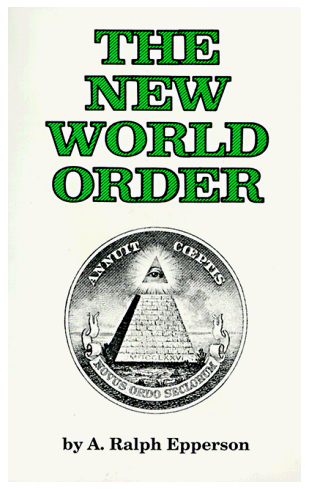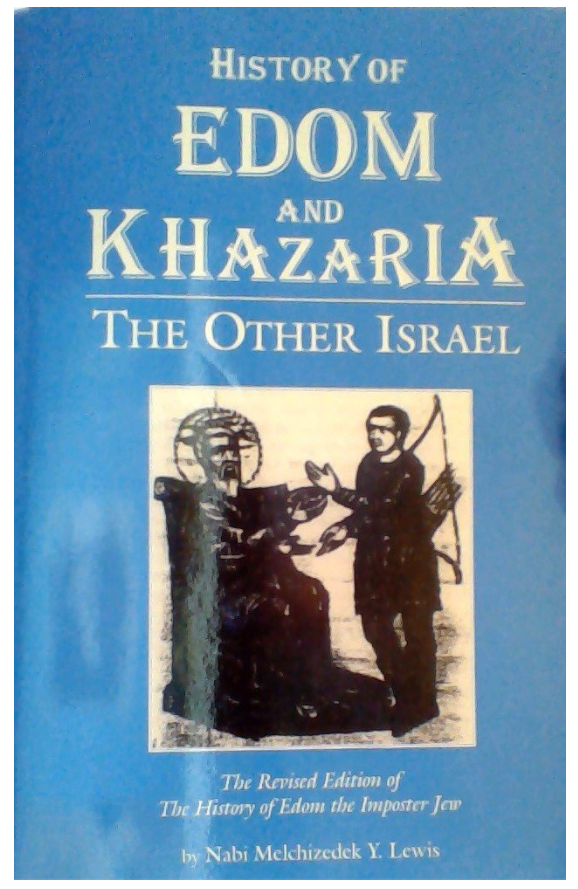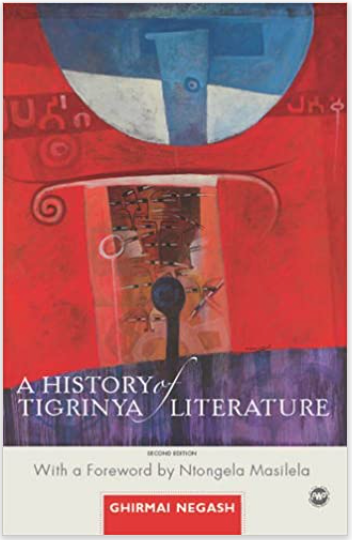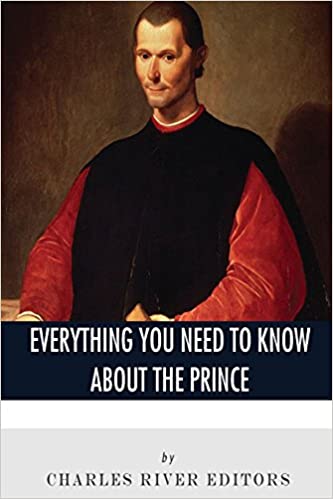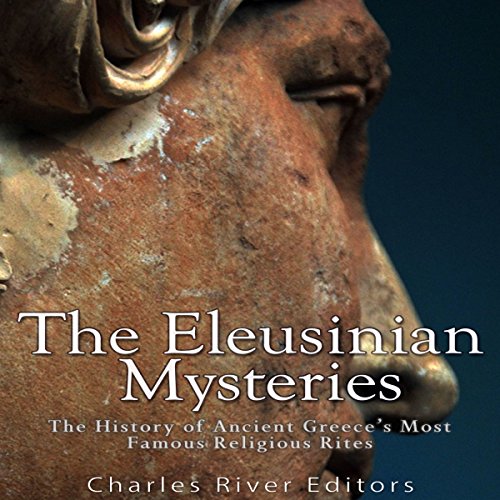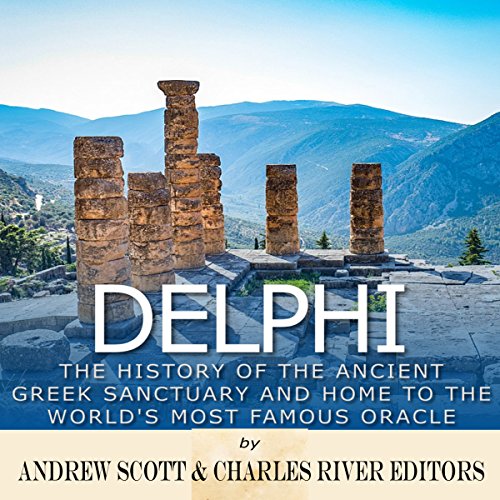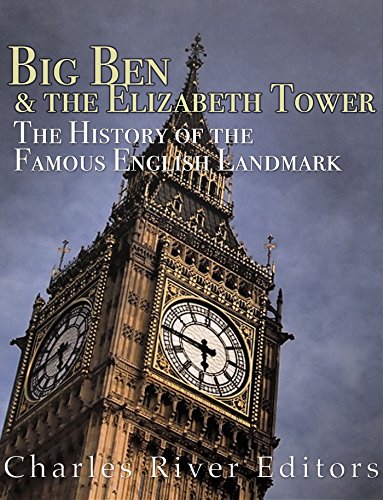The Crimean War: The History and Legacy of the Conflict That Modernized Warfare and Weakened Tsarist Russia
ISBN: 9781793181664
*Includes pictures
*Includes contemporary accounts
*Includes online resources and a bibliography for further reading
Some have called the Crimean War history’s most unnecessary war, and while it is misunderstood, often overlooked, and sometimes ignored, it also involved many of the 19th century’s major powers, namely Russia, Britain, France, the Ottoman Empire, and Austria, as well as men from lands these powers would call their empires. It was a war bridging the old with the new, mixing Napoleonic fighting styles and modern weapons, old world diplomacy and modern communications, and the traditional rules of war and modern death tolls. The conflict is proclaimed either as the last war of one era or the first of another, with deaths numbering over 775,000, the breaking and strengthening of traditional alliances, and setting precedents for conflicts to come. As historian A.J.P. Taylor put it, “In some sense the Crimean war was predestined and had deep-seated causes. Neither Nicholas nor [Napoleon III] nor the British government could retreat in the conflict for prestige once it was launched. Nicholas needed a subservient Turkey for the sake of Russian security; Napoleon needed success for the sake of his domestic position; the British government needed an independent Turkey for the security of the Eastern Mediterranean...Mutual fear, not mutual aggression, caused the Crimean War.”
It was certainly a harbinger of the kind of European war that would occur when various alliances came into conflict with each other. The Crimean War was particularly interesting due to the giant political standoff that preceded it, the geopolitical changes at work, and the balance of power at the time. On a broader geopolitical scope, the fact that France and Britain sided with the Ottomans against Russia highlighted concerns over the growing threat represented by Russian ambitions in the Black Sea. Russia’s reaction to the crisis was also a sign of the importance of this area, a key to Moscow’s ability to project its power outside of its natural area of influence. The recent war in Ukraine and Russian intervention in Syria, which began by the sending of ships from Sebastopol to Tartus, may also be a good reminder of the strategic value of this region.
*Includes contemporary accounts
*Includes online resources and a bibliography for further reading
Some have called the Crimean War history’s most unnecessary war, and while it is misunderstood, often overlooked, and sometimes ignored, it also involved many of the 19th century’s major powers, namely Russia, Britain, France, the Ottoman Empire, and Austria, as well as men from lands these powers would call their empires. It was a war bridging the old with the new, mixing Napoleonic fighting styles and modern weapons, old world diplomacy and modern communications, and the traditional rules of war and modern death tolls. The conflict is proclaimed either as the last war of one era or the first of another, with deaths numbering over 775,000, the breaking and strengthening of traditional alliances, and setting precedents for conflicts to come. As historian A.J.P. Taylor put it, “In some sense the Crimean war was predestined and had deep-seated causes. Neither Nicholas nor [Napoleon III] nor the British government could retreat in the conflict for prestige once it was launched. Nicholas needed a subservient Turkey for the sake of Russian security; Napoleon needed success for the sake of his domestic position; the British government needed an independent Turkey for the security of the Eastern Mediterranean...Mutual fear, not mutual aggression, caused the Crimean War.”
It was certainly a harbinger of the kind of European war that would occur when various alliances came into conflict with each other. The Crimean War was particularly interesting due to the giant political standoff that preceded it, the geopolitical changes at work, and the balance of power at the time. On a broader geopolitical scope, the fact that France and Britain sided with the Ottomans against Russia highlighted concerns over the growing threat represented by Russian ambitions in the Black Sea. Russia’s reaction to the crisis was also a sign of the importance of this area, a key to Moscow’s ability to project its power outside of its natural area of influence. The recent war in Ukraine and Russian intervention in Syria, which began by the sending of ships from Sebastopol to Tartus, may also be a good reminder of the strategic value of this region.






